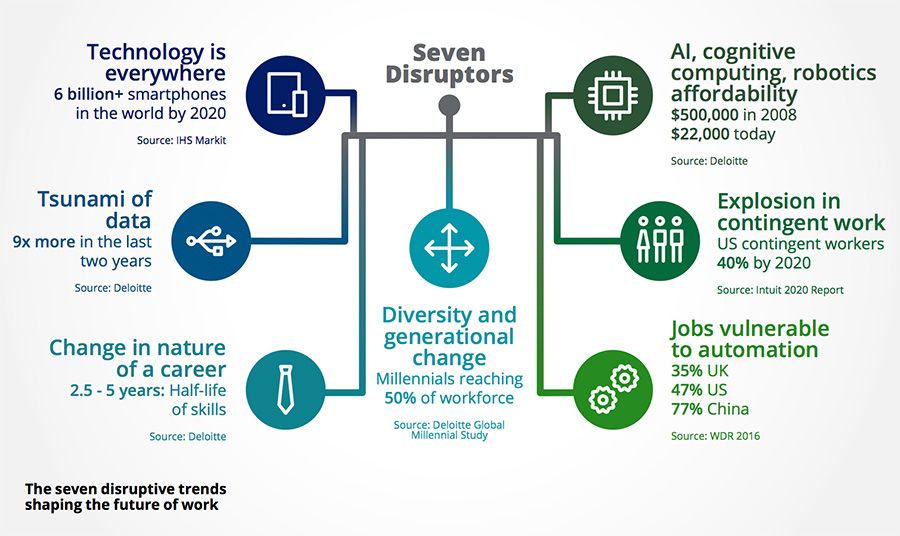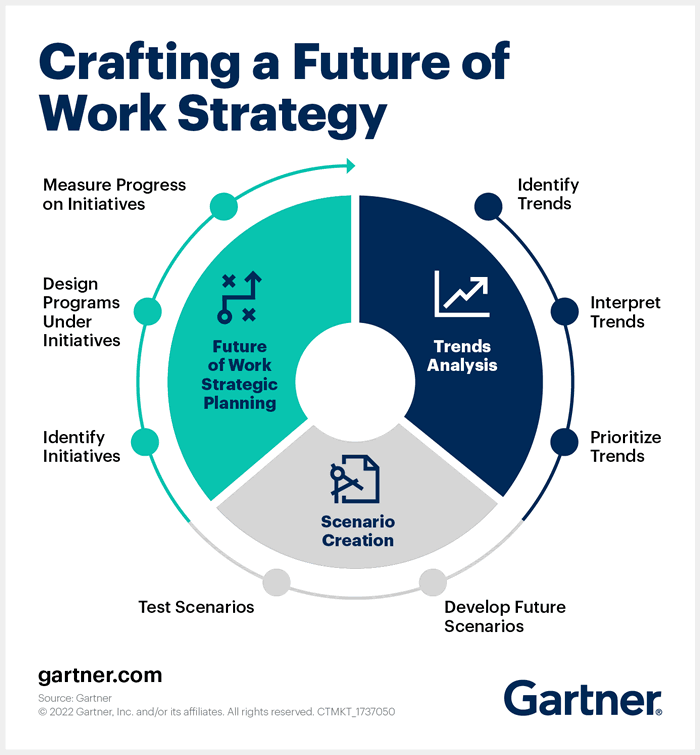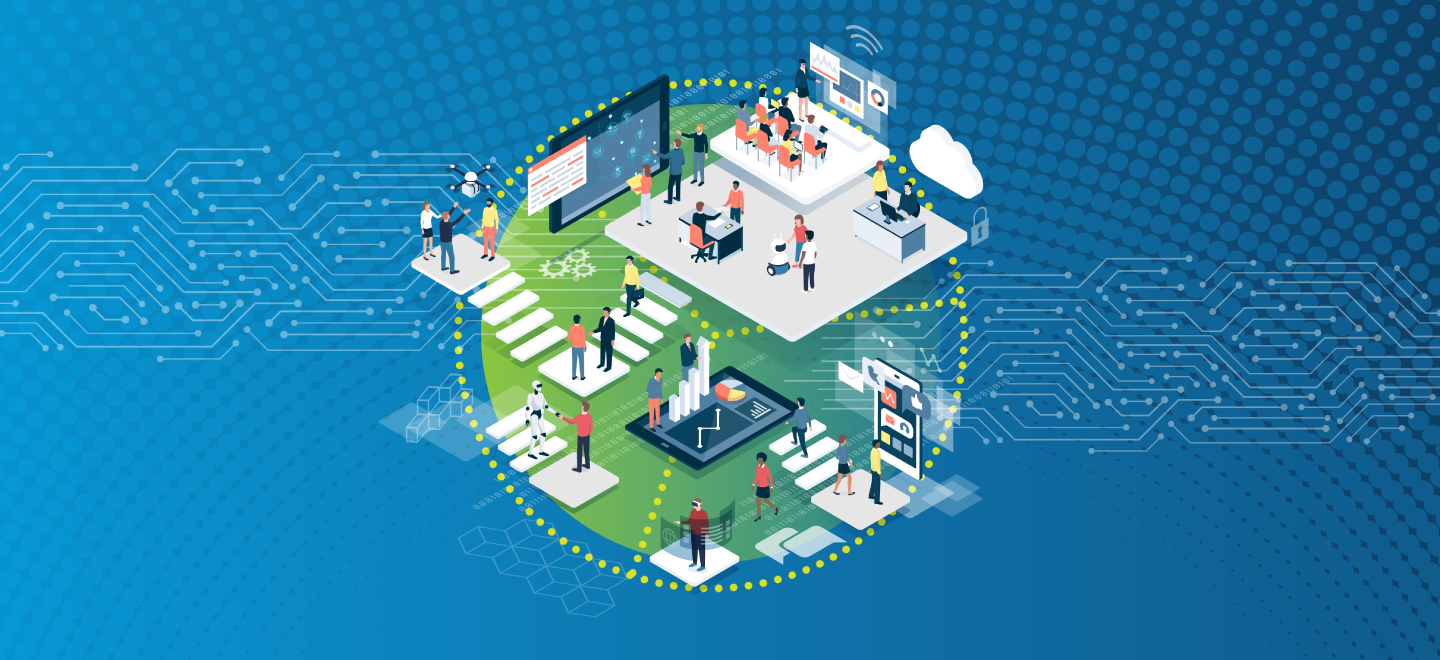The world of work is undergoing a profound transformation, driven by rapid technological advancements. From automation and artificial intelligence to remote work and digital nomads, the future of work is becoming increasingly interconnected, flexible, and skill-based. In this blog post, we will explore how technology is reshaping the workplace and what the implications are for businesses and individuals.

The Rise of Automation and AI
Automation, powered by artificial intelligence (AI), is rapidly changing the nature of work. Machines are becoming increasingly capable of performing tasks that were once thought to be the exclusive domain of humans. This has led to concerns about job displacement, but it has also created new opportunities for human workers.
As AI takes over routine and repetitive tasks, human workers can focus on more complex, creative, and strategic activities. This shift is driving a demand for skills such as critical thinking, problem-solving, creativity, and adaptability.
The Future of Work: A Remote and Flexible Landscape
Technology has made it possible for people to work from anywhere in the world. Remote work is becoming increasingly common, with businesses recognizing the benefits of a flexible workforce. This trend has been accelerated by the COVID-19 pandemic, which forced many companies to adopt remote work arrangements.
Remote work offers several advantages, including increased productivity, improved work-life balance, and access to a global talent pool. However, it also presents challenges, such as maintaining team cohesion and preventing burnout.

The Gig Economy and Freelancing
The rise of the gig economy has created new opportunities for individuals to work on a freelance or contract basis. Platforms like Upwork, Fiverr, and Freelancer have made it easier than ever for people to find work and connect with clients.
While the gig economy offers flexibility and the ability to set your own hours, it also comes with challenges such as job insecurity and a lack of benefits.
The Importance of Upskilling and Reskilling
As technology continues to evolve, it is essential for workers to continuously upskill and reskill. This means acquiring new knowledge and skills to stay relevant in a rapidly changing job market.
Businesses can play a crucial role in helping their employees develop the skills they need to succeed in the future of work. This can include providing training and development opportunities, offering tuition reimbursement, and fostering a culture of lifelong learning.
The Impact of Technology on Workplace Culture
Technology is also changing the way we interact with each other in the workplace. The rise of social media and collaboration tools has made it easier for teams to connect and communicate. However, it has also created new challenges, such as managing information overload and preventing distractions.
To create a positive and productive workplace culture, businesses need to set clear expectations, establish guidelines for digital etiquette, and promote work-life balance.
The Future of Work: A Hybrid Approach
The future of work is likely to be a hybrid model, combining elements of remote work, in-person collaboration, and flexible arrangements. As technology continues to advance, we can expect to see even more innovative ways of working.
Conclusion
The future of work is being shaped by technology in profound ways. Automation, AI, remote work, and the gig economy are all transforming the way we work and interact with each other. To thrive in this new era, individuals and businesses must embrace change, invest in skills development, and create a workplace culture that fosters innovation and collaboration.




Leave a Reply